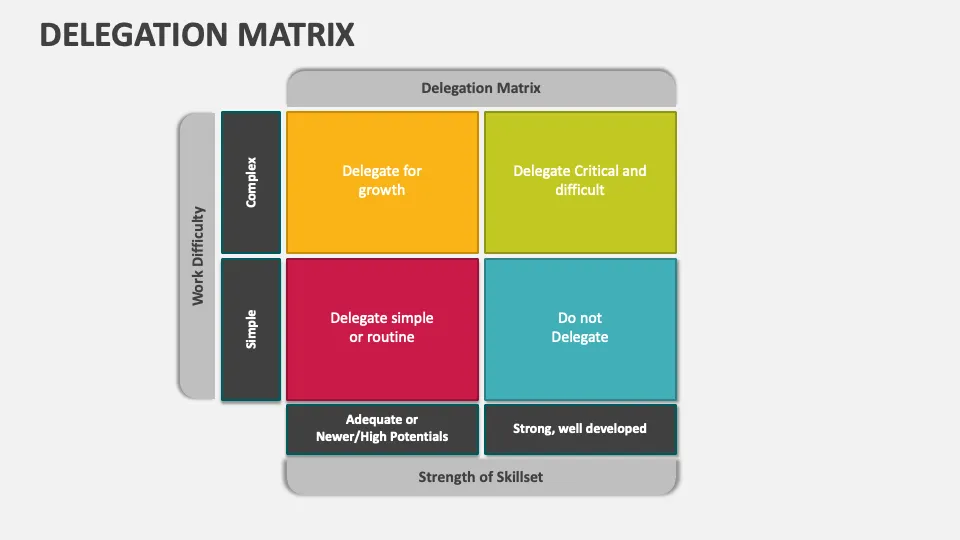The guilt of not doing enough
Feeling guilty of not doing enough is a common experience that many people face. The guilt can be overwhelming whether it’s related to personal goals, work responsibilities, or relationships. However, it’s important to remember that guilt alone doesn’t lead to productive outcomes. Instead, focus on taking positive steps to address the situation. Here are some strategies to help you tackle the guilt of not doing enough:
Set Realistic Expectations
Evaluate whether your expectations for yourself are reasonable and attainable. Sometimes, we set impossibly high standards, leading to feelings of guilt. Break down your goals into smaller, manageable tasks to avoid overwhelming yourself.
Prioritize, Focus, and Delegation
Identify the most important tasks or areas where you feel you’re falling short. Concentrate your energy on these key areas, and let go of less important tasks or delegate them to your associates. Do this and you make opportunities around and can also get rid of unnecessary guilt.
Use this Matrix to Delegate:
Practice self-Compassion
Treat yourself with kindness and understanding. Please recognize that you’re human and that it’s impossible to do everything perfectly all the time. Understand your limitations and embrace the fact that it’s okay to ask for help (seek mentors) or take breaks when needed.
Reflect on Your Accomplishments
Take time to acknowledge what you have achieved rather than dwelling on what you haven’t. Celebrating small victories can boost your confidence and motivate you to continue working towards your goals. Treat yourself!
I often gift myself tech gadgets 🙂
Learn from the Experience
Use the guilt as an opportunity for growth and self-reflection. Consider why you feel you haven’t done enough and whether there are any underlying issues or obstacles. Use these insights to make adjustments and improve your approach moving forward. Set short-term and long-term goals to break them into actionable items and keep track of them use a personal note-taking app or KanBan board to organize them e.g., use Obsidian.
Seek support
Talk to someone you trust about your feelings of guilt. Sharing your thoughts and concerns with others can provide a fresh perspective, guidance, or simply emotional support. They may help you see things differently and suggest addressing your guilt. Again seek mentors, and talk to your friends sometimes just talking and elaborating on how you feel solves many issues…
Take action
Rather than ruminating on your guilt, channel your energy into taking positive steps forward. Break tasks into actionable items, create a plan and start making progress. Taking action can help alleviate guilt, provide a sense of empowerment, and motivates one to take on the next step.
Practice self-care
Ensure you’re taking care of your physical, mental, and emotional well-being. Engage in activities that rejuvenate and relax you. Taking care of yourself helps build resilience and enables you to approach challenges more clearly. Do an activity outside of your business/job e.g., go to the gym, play a sport may be badminton or swimming, go out on a photo walk, capture photos, and share them on your Instagram.
Remember that guilt is a normal emotion, but it shouldn’t control your life. By taking proactive steps, adjusting your expectations, and focusing on progress rather than perfection, you can tackle the guilt of not doing enough and move towards a more fulfilling and balanced life.

